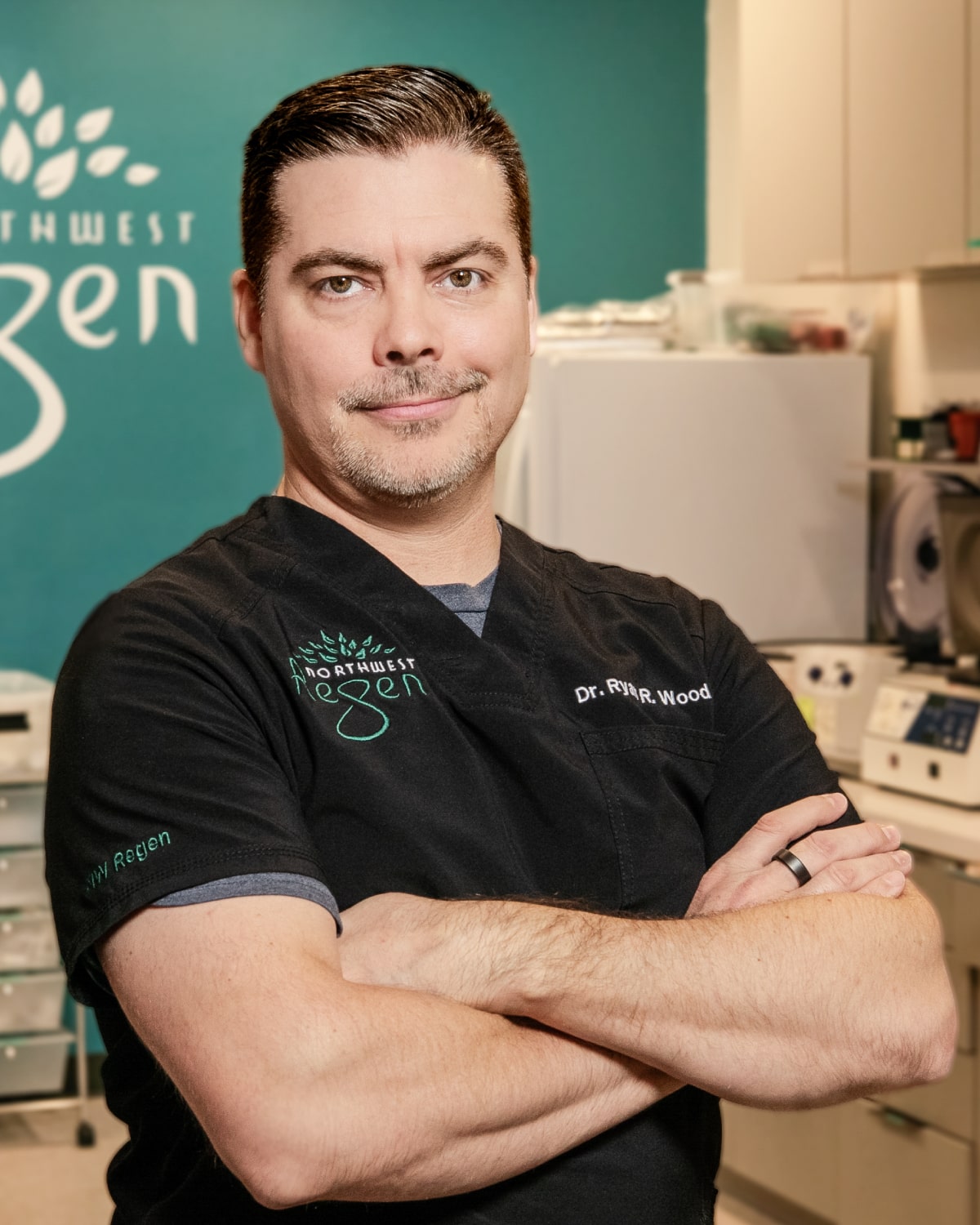What the Latest Study Reveals
Once upon a time, there was a little-known therapy called Stellate Ganglion Blocks, otherwise known as SGB. Over the years, this treatment, while admittedly not well-known, proved remarkably effective for Post-Traumatic Stress Disorder (PTSD), panic attacks, anxiety, stress-related disorders, insomnia, postpartum depression, among other conditions. However, it remained a mystery to most people (including clinicians). Today, the story is changing …
A New SGB Story
Without much published information about SGB or guidance for clinicians to integrate it into their current, better-known treatments, many have avoided it completely. As a result, many people are unfamiliar with SGB. But a recent study published in BMJ Journals is changing that.
The study, which gathered information from behavioral health clinicians who had first-hand experience using SGB for their patients, has shown an overwhelming number of positive responses regarding SGB in trauma-focused care. In fact, according to the study, “95% of respondents would recommend SGB to a colleague as a useful tool for the treatment of trauma-related disorders.”
For those considering this treatment, the survey’s findings are noteworthy:
- For 96% of respondents, “Arousal/Reactivity” (symptoms of changes in physical and emotional reactions, such as being easily frightened, being on guard for danger, self-destructive behavior, sleeping and concentration issues, irritability, guilt, or aggressiveness) was the symptom cluster most improved with SGB
- Zero respondents characterized SGB as either Harmful or Not Helpful
- SGB was recognized to be at least as useful as the highest rated standard interventions for the Treatment of PTSD.
Given these results, along with information already published about SGB, more behavioral health providers are considering using SGB with standard trauma-focused care. SGB has been proven effective not only for those suffering from PTSD, but also for those working in jobs that are notoriously found in high-stressed environments. From our perspective, we’ve used it at NW Regen with great success. In fact, we were interviewed about this very topic on the Edge on Regenerative Medicine Podcast. (Tune in to learn more or contact us to set up a consultation to discuss this option further.)
About SGB and its History
SGB is a safe, ultrasound-guided injection that targets a collection of nerves in the neck, blocking impulses that trigger fear- and anxiety-based responses in our bodies, such as with post-traumatic stress disorder (PTSD). According to the Diagnostic and Statistical Manual of Mental Disorders (5th Edition), “post-traumatic stress disorder (PTSD) is a pathologic ‘trauma and stressor-related disorder’ that occurs following exposure to severe trauma and affects approximately 10 million Americans.”
SGB is an outpatient procedure, taking less than thirty minutes to administer. The effects, which are often felt immediately, can last for years. Generally, there are two injections within ten to fourteen days of each other. The first injection is thought of as “resetting the nervous system,” while the second one boosts the first dose’s effects. These help to effectively “reboot” the nervous system towards a pre-trauma state.
SGB actually has a long history. It was used to help German prisoners of war recover from their experiences in Russian camps during World War II. And even right here in the United States, it has been used for nearly 100 years to relieve chronic pain and depression, as well as within our military to help active soldiers and those returning from duty. Yet, it wasn’t until after 1998 that it was used more regularly in our country.
The bottom line … SGB helps people manage stress and anxiety in addition to helping them stay focused during stressful times. And today, more doctors are using it with greater success than ever before … allowing more people to live happily ever after.
Lynch JH, Muench PD, Okiishi JC, et al. Behavioral health clinicians endorse stellate ganglion block as a valuable intervention in the treatment of trauma-related disorders. Journal of Investigative Medicine 2021;69:989-993.

Dr. Ryan Wood is a licensed Naturopathic and Chiropractic physician focusing on interventional orthopedic and orthobiologic medicine and injection therapies as well as general musculoskeletal and non-surgical orthopedic medicine.
With almost two decades of orthopedic practice across multiple disciplines, he has the necessary experience to ensure proper diagnoses and management of complex cases.


